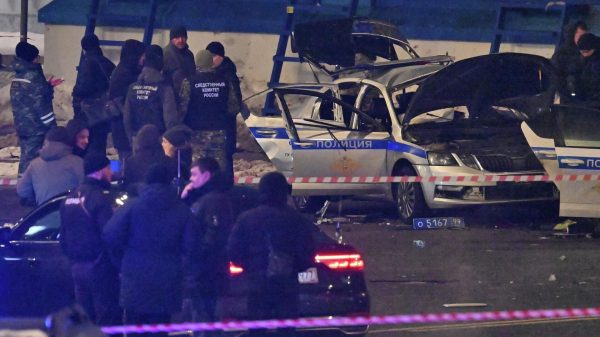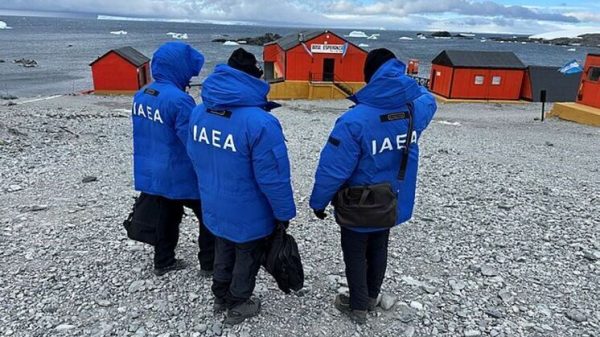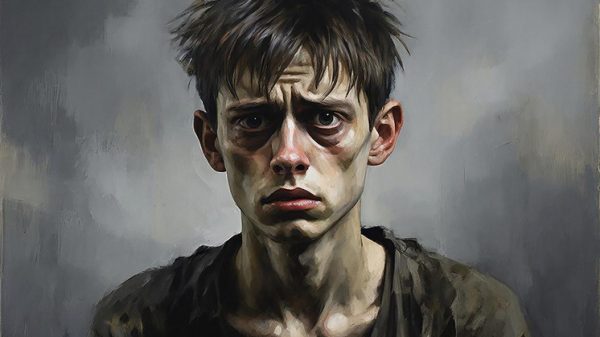Somalia’s leaders have failed to break a deadlock over the country’s elections, with no clear path to a vote just days before the government’s mandate expires.
The fragile country is likely to miss the 8 February deadline for choosing a new president after days of negotiations between the central government and federal states collapsed on Friday.
The impasse could usher in a political crisis in the Horn of Africa nation already confronting a violent Islamist insurgency, a locust invasion and serious food shortages.
Somalia’s president, Mohamed Abdullahi Mohamed, who is seeking a second term, told parliament on Saturday his administration “made compromises on everything” to secure a last-minute agreement during talks with regional leaders in Dhusamareb, about 250 miles (400km) north of the capital, Mogadishu.
“I was hoping there would have been some sort of commitment if we got together there, but unfortunately that prospect did not materialise,” said the president, who is also known as Farmaajo. “There is still hope. We have agreed to go forward and make appointments for further talks.”
The president accused Jubaland and Puntland, two of Somalia’s five semi-autonomous regions, of failing to compromise and thereby scuttling an earlier deal to hold indirect parliamentary and presidential elections in late 2020 and early 2021.
That agreement, reached in September, fell apart as squabbles erupted over how to conduct the vote, and deepened mistrust between Farmaajo and his regional rivals, most notably in Jubaland.
Jubaland’s leader, Ahmed Madobe, said his administration had negotiated in good faith but encountered hurdles and resistance all the way. “The responsibility for the failure to hold timely and consensus-based elections lies solely on President Farmaajo,” his office said in a statement.
Jubaland, a lush, relatively prosperous part of Somalia bordering Kenya, has been locked in a power struggle with Mogadishu and seen violent clashes between local and national forces.
A major bone of contention involved the electoral process in Gedo, a Jubaland region, where Madobe accused Farmaajo of “trying to control the vote from afar”. “We have previously asked the president to stop meddling with the election process and stick to his campaign, but this didn’t happen,” he said earlier.
Farmaajo blamed “foreign interference” for undermining the electoral processes. He did not name Kenya, but Somalia has repeatedly accused its larger neighbour of supporting armed groups in Jubaland, straining ties between the countries.
Kenya sees Madobe as an ally and Jubaland as a buffer between al-Shabaab militants who have staged bloody attacks across the border.
Somalia was plunged into chaos after the 1991 overthrow of president Siad Barre’s military regime, leading to years of clan warfare followed by the rise of al-Shabaab, which once controlled large parts of the country and capital.
The central government remains weak, and controls only part of the national territory. Somalia’s foreign backers, who provide the embattled government with the necessary security and financial aid to stay afloat, warned this week against any attempts at subverting the poll process.
“We underscore that any alternative outcomes, including a parallel process or partial elections, or other measures short of an agreed electoral process, would be a setback that would not obtain the support of partners,” the United Nations, African Union and other international partners said in a statement on Thursday.
Somalia had set itself the goal of holding its first one-person, one-vote ballot since 1969, a pursuit hailed by the UN as a “historic milestone”.
But frequent attacks by the Shabaab Islamist militant group, among other governance challenges, made such an exercise an unlikely prospect. Instead, the one-person, one-vote model was abandoned for a complex indirect system used in the past, where special delegates chosen by clan elders pick lawmakers, who in turn choose the president.
While the process mirrors the last election held in 2017, it was to go a bit further in terms of inclusivity, with 27,775 delegates voting – almost twice as many as last time.





















































Свежие комментарии